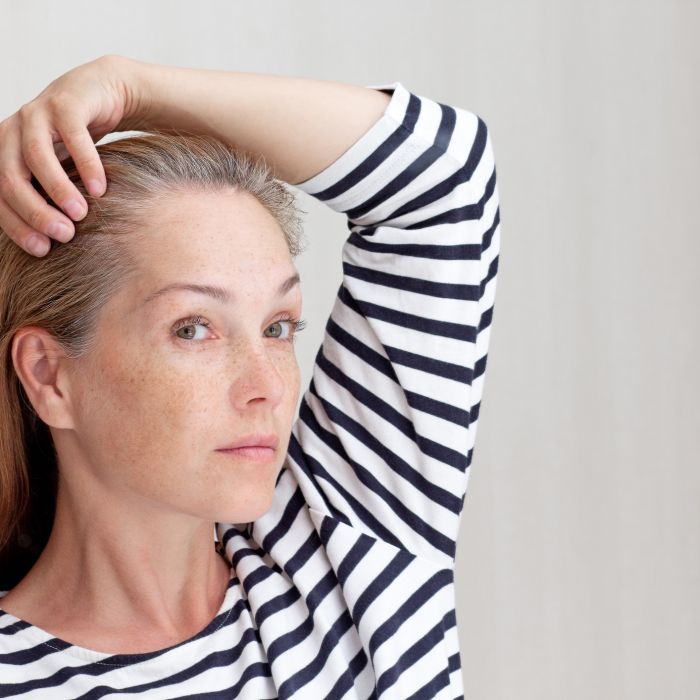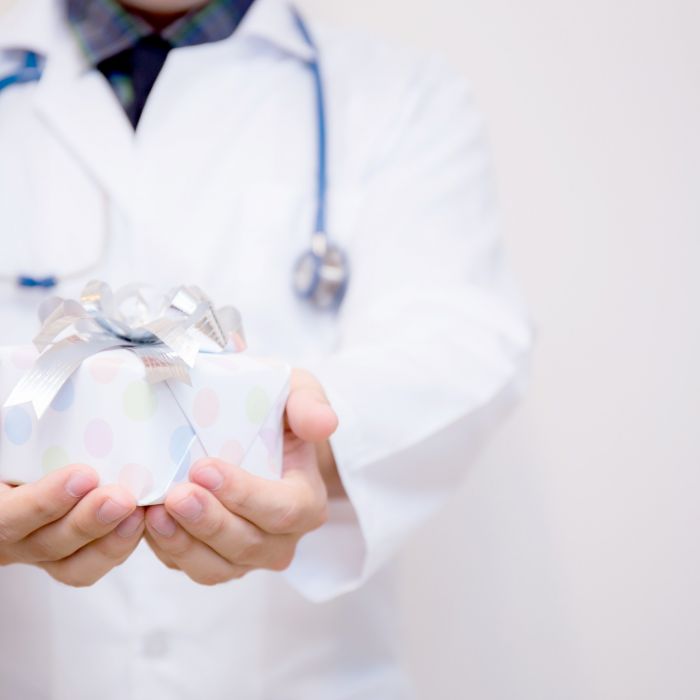Understanding Low Testosterone: What Patients Need to Know
For many, the term testosterone brings to mind images of muscle-bound athletes or energetic youth. But did you know that having too little of this vital hormone can affect your health, mood, and overall well-being? Welcome to the world of low testosterone or “low T” as it’s commonly called. If you or a loved one suspect you might have low T, this article will guide you through its symptoms, effects, and the diagnostic process.
What Is Testosterone?
Testosterone is a hormone produced by your body that serves as a chemical messenger. While it’s often associated with men, both males and females produce testosterone, although in different amounts. In males, it plays a crucial role in the development of male reproductive tissues and is responsible for the appearance of secondary sexual characteristics, such as facial hair and a deeper voice. It also impacts your muscle mass, bone density, mood, and energy levels.
What Does It Mean to Have Low Testosterone?
Low T occurs when the body doesn’t produce enough testosterone. As men age, it’s natural for testosterone levels to decline slightly, but sometimes the drop is significant enough to cause symptoms. Some signs that you might have low T include:
- Physical Changes: Reduced muscle mass, increased body fat, diminished bone strength, decreased body hair, and in some cases, breast growth.
- Sexual Changes: A reduced sex drive, difficulty achieving or maintaining erections, and lower sperm counts.
- Emotional Changes: Feelings of sadness or depression, trouble concentrating, and decreased motivation.
- Other Changes: Fatigue and disturbances in sleep patterns.

Getting Diagnosed: The Testosterone Test
If you have some of the symptoms mentioned above, your doctor might suggest testing your testosterone levels to evaluate if Low T Treatments might help. Here’s what you can expect.
Because testosterone levels fluctuate throughout the day, the blood test is usually done in the morning when levels are typically highest. The primary test measures the total amount of testosterone in your blood. If the results aren’t clear-cut, the doctor might also check the amount of ‘free’ testosterone, which is the testosterone not bound to proteins in the blood and is available for the body to use.
The normal range for testosterone can vary among labs, but a common benchmark is that levels below 300 nanograms per deciliter (ng/dL) are considered low. However, numbers alone don’t determine if you have low T. Your doctor will consider the test results, your symptoms, and your overall health to make a diagnosis and a possible recommendation for Men’s Hormone Replacement Therapy.
Additional Tests
If your testosterone levels are found to be low, your doctor may recommend other tests to understand why:
- LH and FSH Tests: These tests check the levels of hormones that signal the testicles to produce testosterone. The results can help determine if the issue is with the testicles or the brain.
- SHBG Test: This test checks the amount of a protein that binds to testosterone in the blood. If you have too much or too little of this protein, it can affect the amount of free testosterone in your body.
Finding the Cause of Low T
Low T can be due to natural aging, but it can also result from certain medical conditions or treatments. To pinpoint the cause, your doctor may check for chromosomal abnormalities that can affect testosterone production; recommend imaging tests, like an MRI, if a pituitary gland issue is suspected; or suggest an ultrasound to see if there are problems with the testicles themselves.
Help is Available for Low T
Having low testosterone can affect many aspects of your health and quality of life. If you suspect you might have low T it is important to be tested. With the right tests and medical guidance, you can get a clear picture of your hormone health and explore treatments or lifestyle changes that might help.
Remember, you’re not alone – many people face hormonal challenges, and there’s a wealth of resources and support available. A holistic approach like the one we take here at AgeRejuvenation can help identify the underlying condition and create the appropriate treatment plan. To find out how we can help you find a health balance schedule a free consultation with us today.








